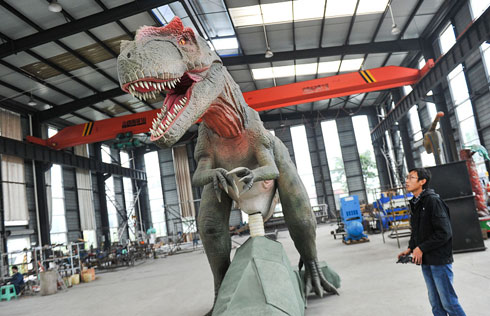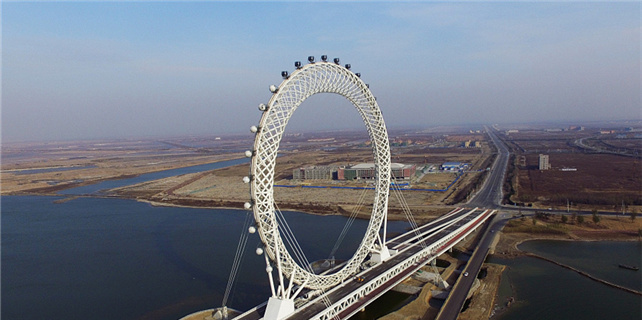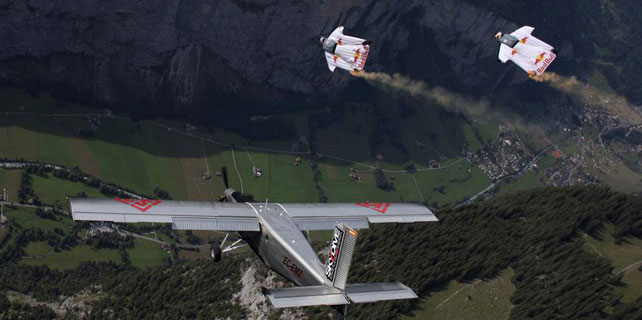Party-to-party talks for shared future
Leaders of more than 200 parties and political organizations from over 120 countries are taking part in a high-level dialogue with the Communist Party of China's officials in Beijing from Nov 30 to Dec 3. The record number of parties and organizations will exchange their experiences with the CPC and discuss the latter's concept of building a community of shared future for mankind.
The meeting has attracted such attention because China, even with its huge population of more than 1.3 billion, has achieved an economic miracle within a few decades-and peacefully, too.
But despite being the world's second-largest economy, China still has to overcome the middle-income trap. And although China is likely to succeed in doing so, by substantially increasing its per capita GDP of over $8,000, it faces some strong economic challenges from not only developed countries but also developing countries with relatively low costs of labor and resources.
China has made great achievements in the technology field, too. For instance, China has dominated the Top 500 list of supercomputers, overtaking the United States in the number of ranked systems by 202 to 143, and occupies the top two ranks, and its top supercomputer, Sunway Taihu-Light at 93.01 petaflops, is six times faster than the US' Titan.
The development model of China that has facilitated such miraculous achievements provides a different development path, which other countries can explore, and apply only if it suits their real conditions.
Apart from China's economic and technological progress, the CPC's outstanding leadership has also impressed the world. At a time when Western countries are encountering a wave of populism and political deadlocks, the CPC has efficiently carried out long-term plans and made quick decisions. For instance, China started building its high-speed railway in 2004, and today it has the largest high-speed railway network-about 60 percent of the world's total. Yet the US has not completed even a single high-speed railway line even though former president Barack Obama said in 2008 that the country needed one.
An efficient way for the world to know the real reasons behind China's miraculous rise is to hold direct talks with the CPC. And that's what the four-day dialogue is expected to do.
In the past five years, President Xi Jinping, also general secretary of the CPC Central Committee, has strengthened the Party's leadership to launch thorough reforms and lead China toward greater success. And despite their political rivalry, both US President Donald Trump (a Republican) and his Democratic rival in the presidential election Hillary Clinton agree Xi has greatly pushed forward Sino-US ties.
The cross-party dialogue is China's first multilateral diplomatic activity at home after the 19th Party Congress, and the CPC's first multilateral high-level dialogue with parties from across the world.
The event also shows China's ruling party is confident enough to exchange experiences and ideas with the parties of other countries, and China's sense of responsibility as a major country which is committed to helping other countries expedite their economic development. It should be clear, however, that China will never force another country to copy its development model.
The dialogue can also be seen as an innovative global governance model reflecting China's increasing soft power.
The author is a researcher at the China Institute of Fudan University in Shanghai.


















